Earth science experts
Find an Expert
Browse by
Areas of expertise
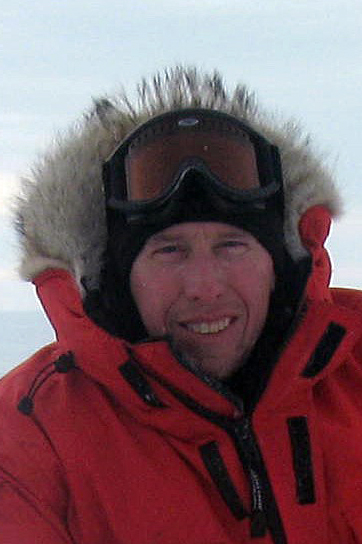
October 28, 2022
Landscape and watershed-scale functions of lakes and wetlands; geomorphology, hydrology, and ecology of headwater streams; ice and water balance dynamics of shallow lakes; surface-water interactions with permafrost; climate change responses and adaptive management; ecology, hydrology.
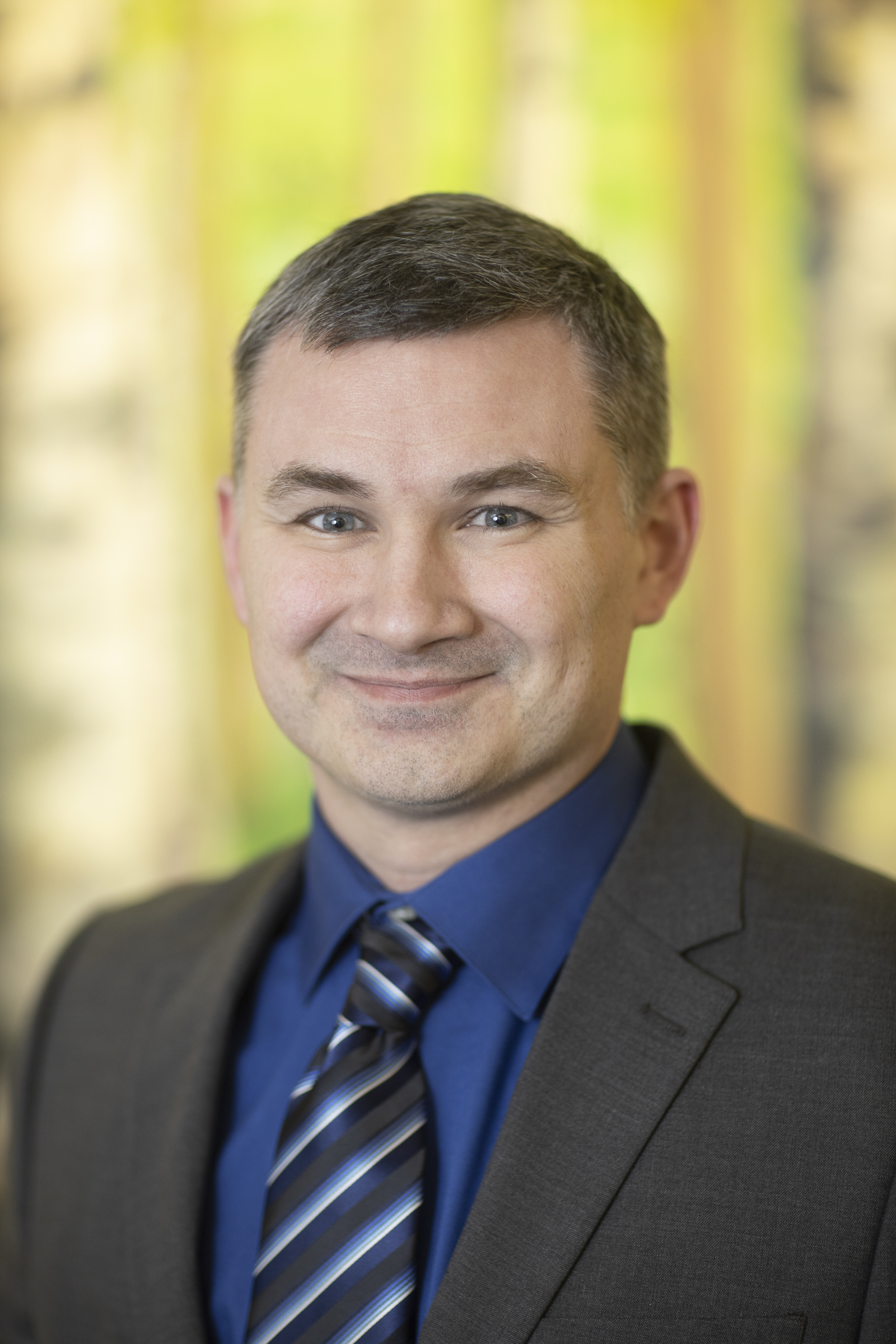
October 28, 2022
Improving the understanding of Arctic climate-related extreme events and their connection to policy, decision-making efforts, long-term planning, and the effects of long term climate shifts on local, national, and international security concerns.
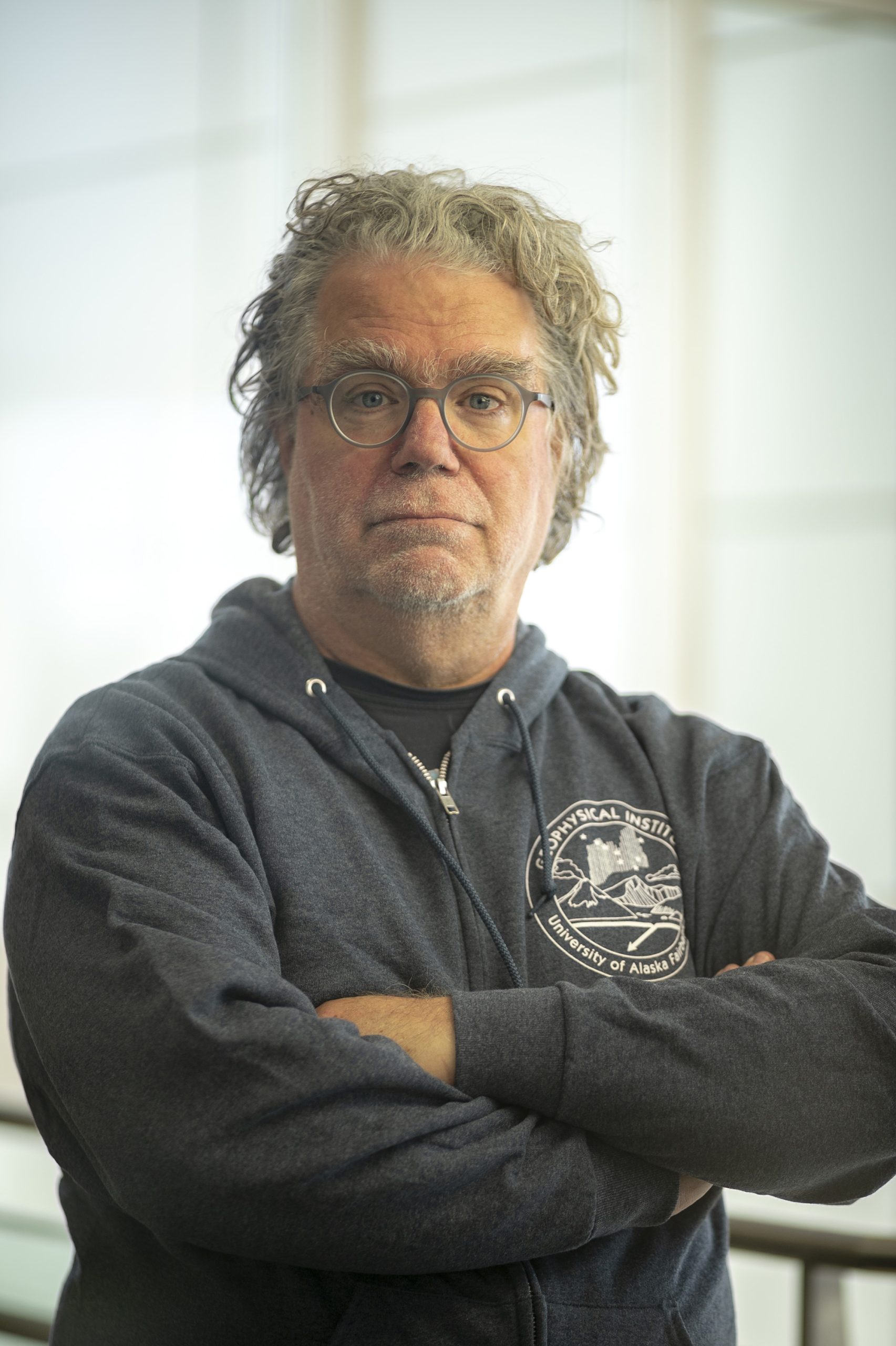
October 28, 2022
Collecting new data about the formation of the Arctic Ocean. Studying the history of the Arctic. Promoting scientific drilling to sample the sediments below the seafloor, particularly in the Arctic Ocean.
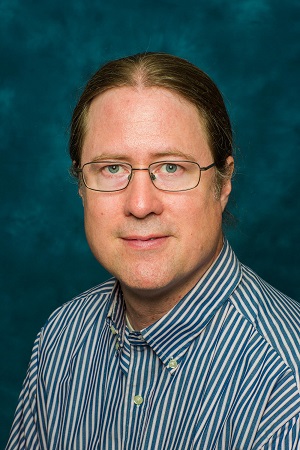
October 28, 2022
Alaska-region oceanography. The functioning of continental shelf dynamics and ecosystems. Maintaining long-term ocean observation programs that document the manifestation and effects of climate change. Studying how variations in temperature, salinity and ocean currents exert control over ecosystem structure and functioning.
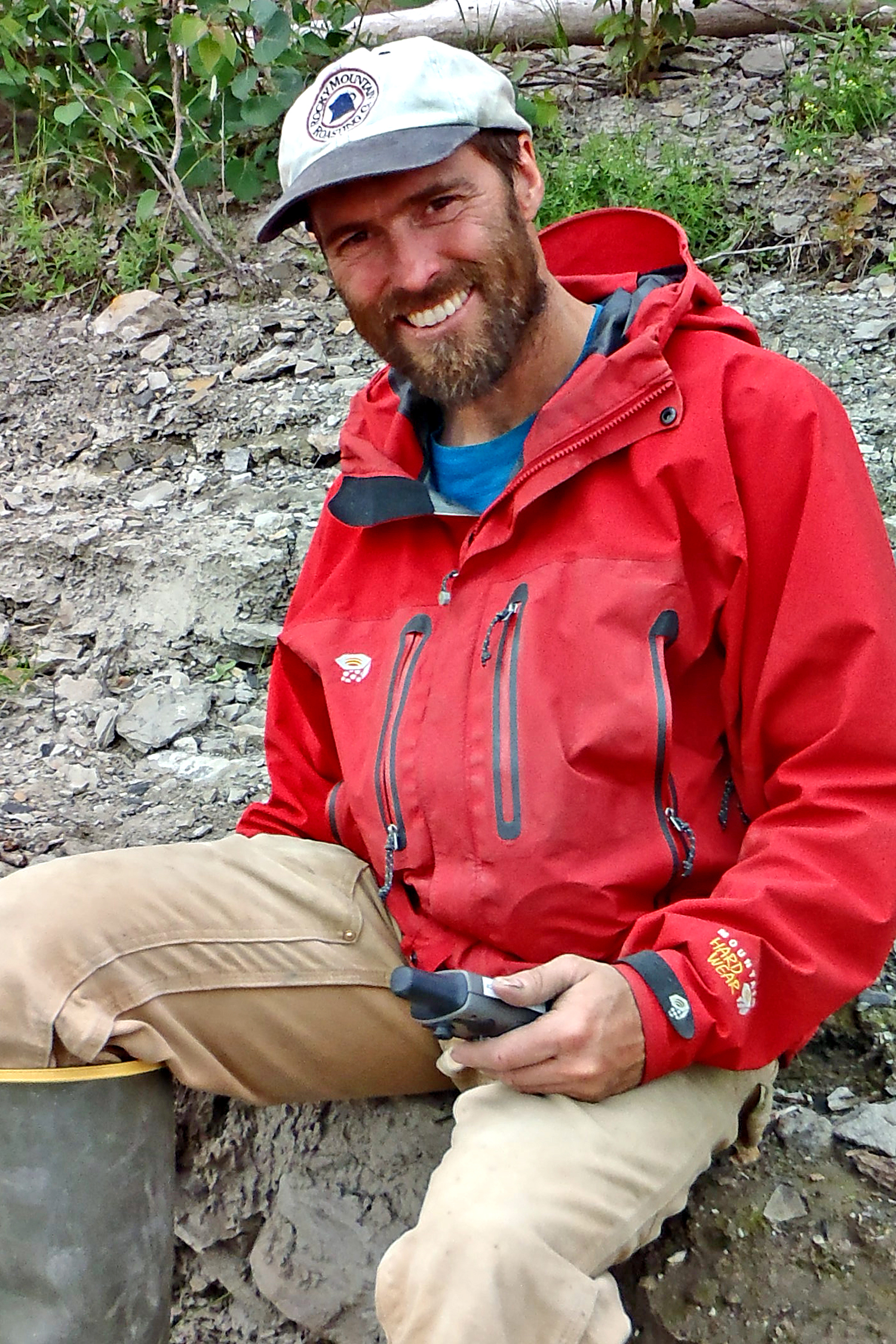
October 28, 2022
Vertebrate paleontology systematics, museum curation. Study of dinosaurs and marine reptiles from high latitude assemblages to assess their faunal composition, life history strategies and evolution.

October 28, 2022
Hajo Eicken is an expert in glaciology. He specializes in the growth and evolution of sea ice, its role in the climate system and its importance for ecosystems and people, both as a provider of important services and a major hazard.
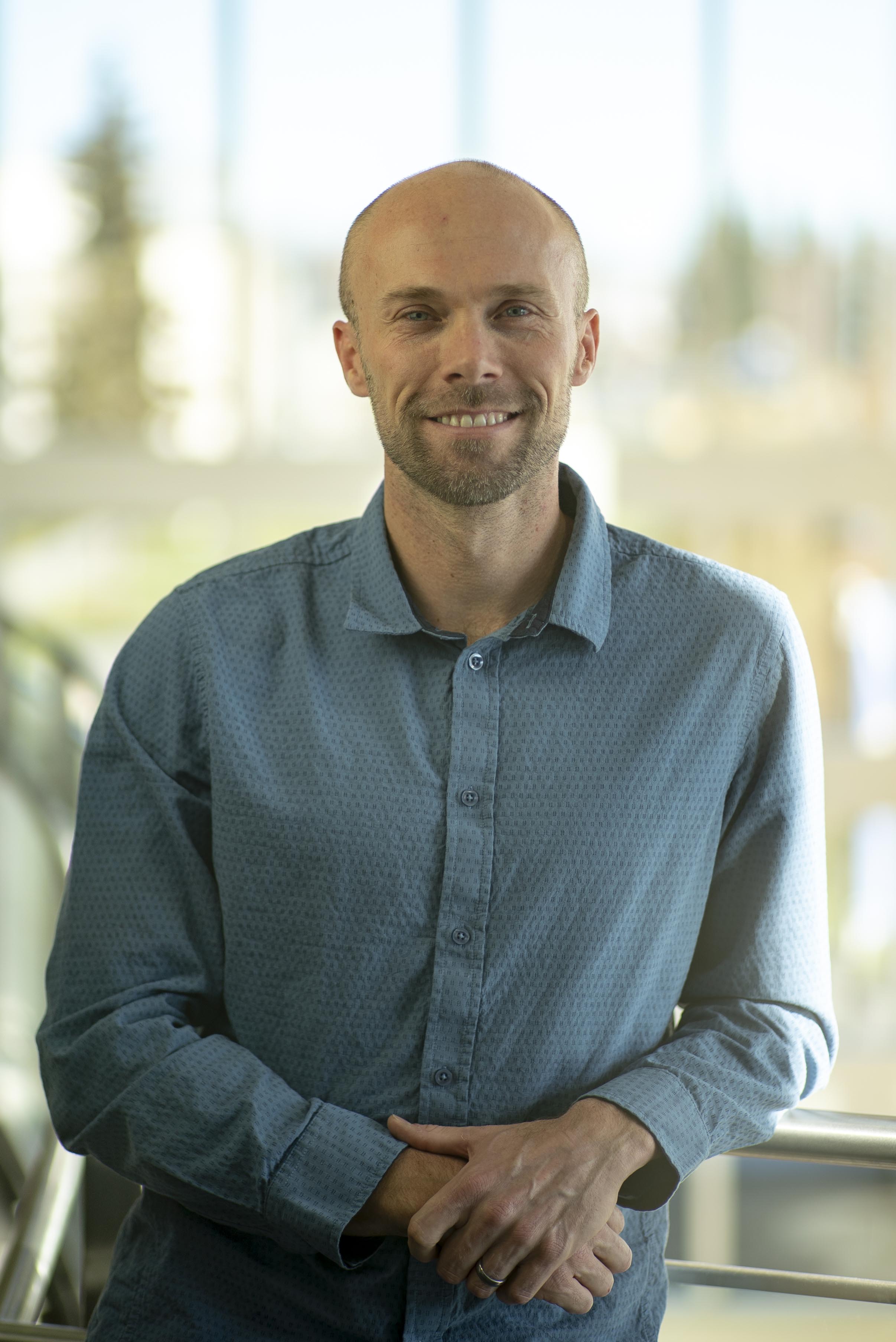
October 28, 2022
Using infrasound (low frequency sound waves) to understand volcanic eruptions and volcanic processes.

October 28, 2022
Reconstruction of ancient ecosystems and climates through identification of pollen and spores preserved in lacustrine sediments or rocks.
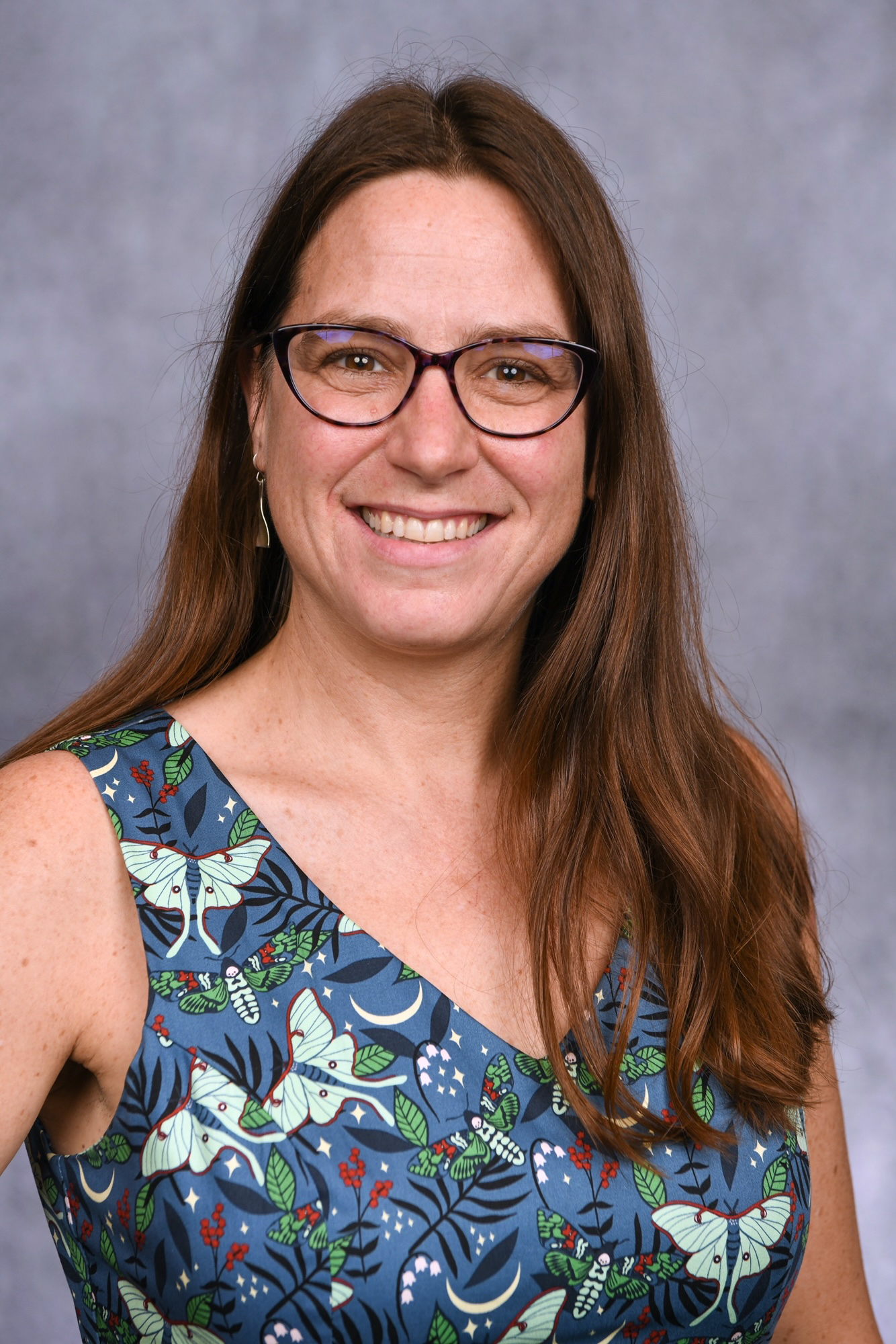
October 28, 2022
Garron works with a broad spectrum of scientists, community members, agency partners and industry representatives. She integrates actionable, geospatial, and model-based science information into decision-making about climate change adaptation planning and response in Arctic and sub-Arctic communities.
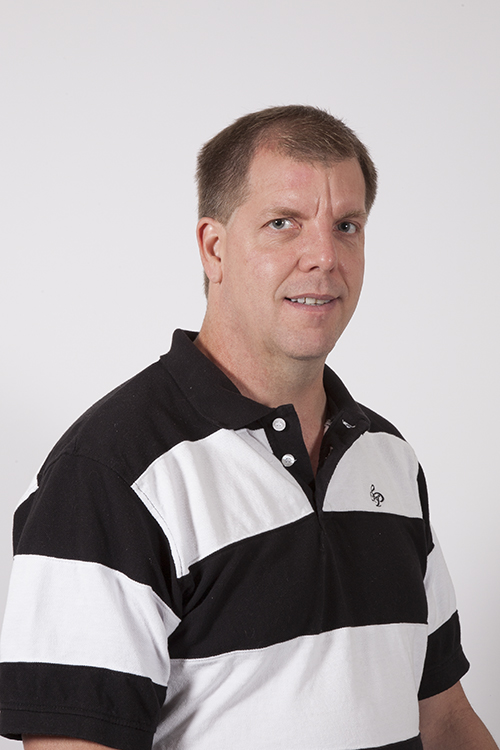
October 28, 2022
Studying planetary resurfacing histories and the impact cratering process using a variety of geological and geophysical techniques and data sets. Exploration geophysics, remote sensing.

October 28, 2022
Expertise in glaciology, including the use of modeling and field data to assess glacier mass changes, predicting the response of glaciers to future climate change, and assessing the implications on sea-level and hydrology.
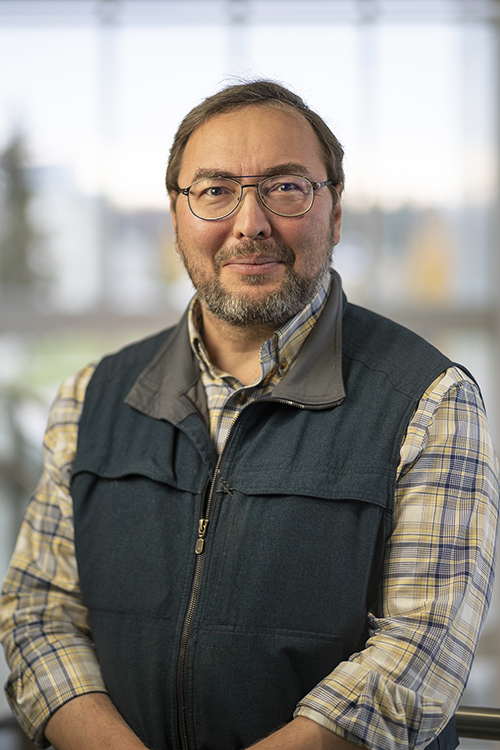
October 28, 2022
Composition of volcanic products in order to understand magma processes at active volcanoes of Alaska and Kamchatka. Volcanology, petrology, material science, remote sensing.

October 28, 2022
Applies igneous and experimental petrology to understanding active volcanism, through field-based and laboratory studies of Aleutian arc and other magmatic systems. Maps eruptive histories of active Aleutian arc volcanoes.

October 28, 2022
Using direct and remotely sensed measurements of volcanic gas emissions to understand subduction processes, subvolcanic conditions, and eruptive activity. Volcanic gas geochemistry.
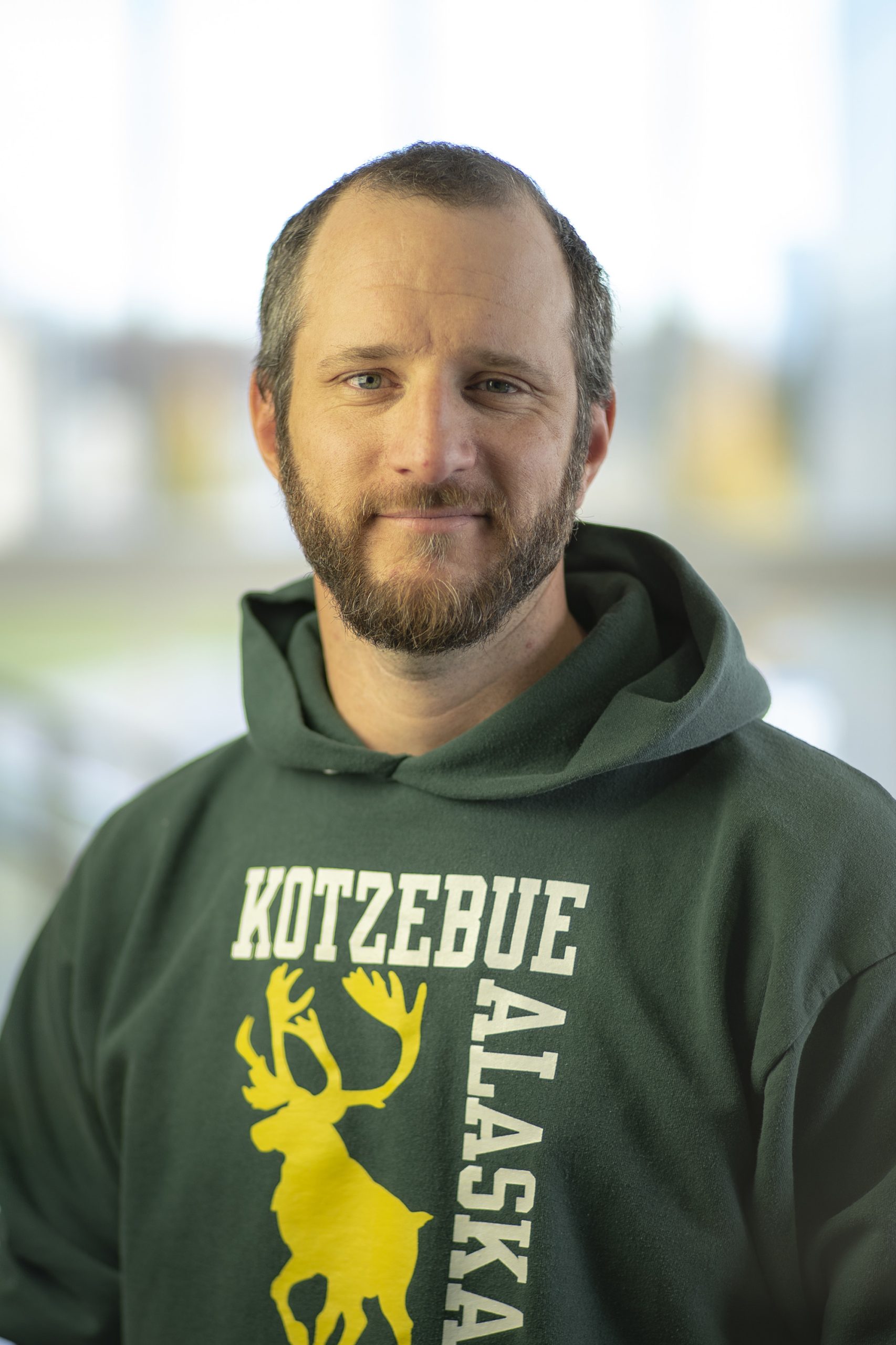
October 28, 2022
Sea ice geophysics, with research interests that encompass changes in the Arctic sea ice cover, coastal dynamics, remote sensing of ice, ice-ocean interaction, historic sea ice records and the relationship between humans and sea ice.

October 28, 2022
Coastal hazard vulnerability, historical military terrain analysis, paleoclimate change and sea-level change.

October 28, 2022
Environmental change at the end of the last ice age on the North Slope, human impacts on island ecosystems in the South Pacific, fire history in Interior Alaska, rock-dwelling microbes in Antarctica, human adaptations to global change in the Makalu region of Nepal, glacial history around the Gunnison Basin, Colorado.

October 28, 2022
Expertise in fossil soils, also known as paleopedology; nonmarine sedimentary deposition; paleoclimate reconstruction with particular emphasis on high-latitude or paleo-Arctic; and Cretaceous environments.

October 28, 2022
Development of advanced radar remote sensing technologies and their application to geophysical problems. He is applying his techniques to the analysis of natural hazards related to volcanic eruptions, severe weather events, and earthquakes.
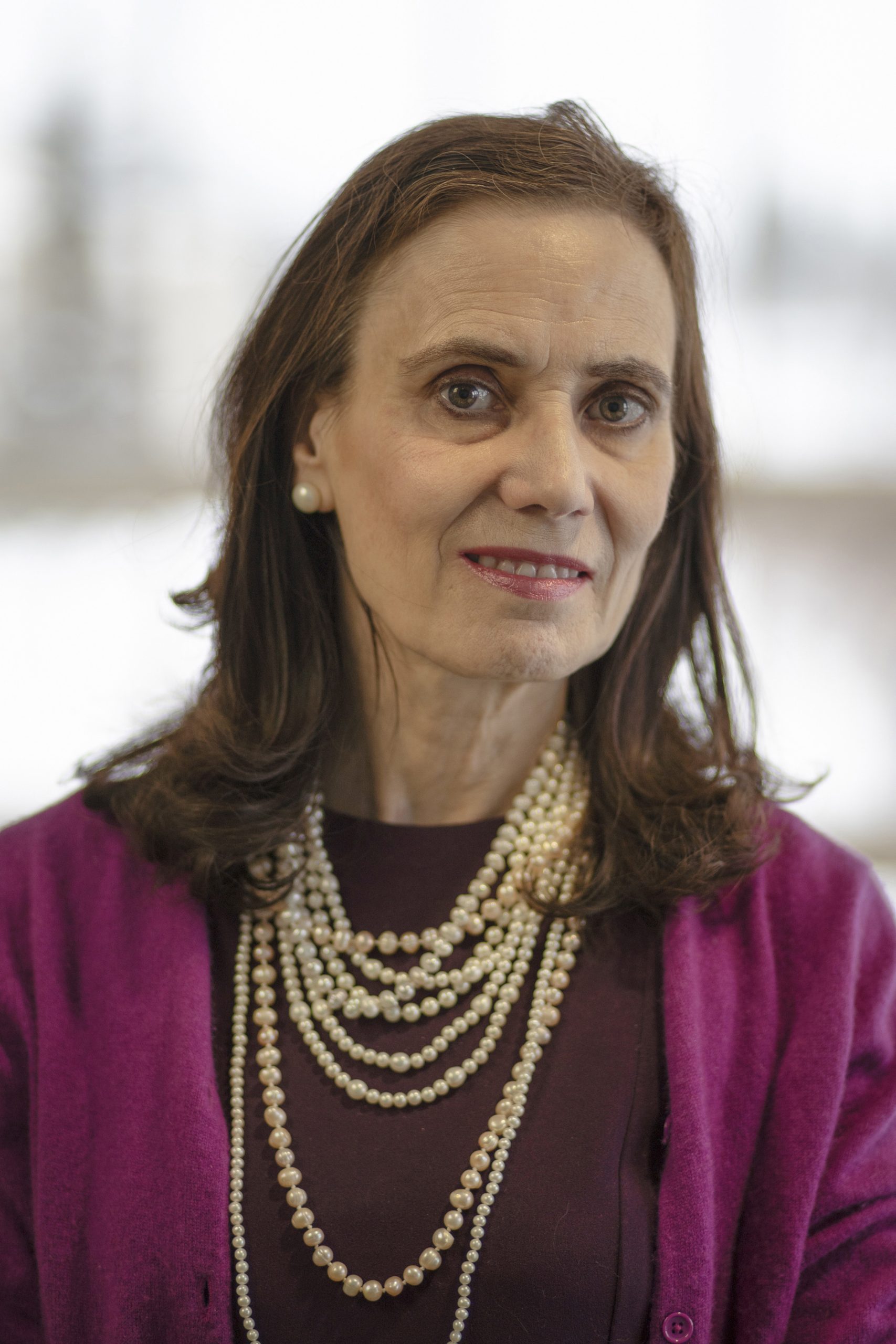
October 28, 2022
Human and natural impacts on weather, climate and air quality at various spatial and temporal scales. Atmospheric sciences, meteorology, hydrology, geophysics, air quality and mesoscale modeling, impact of land-use and land-cover changes on weather, and air quality. Wind energy. Data mining. Remote sensing.
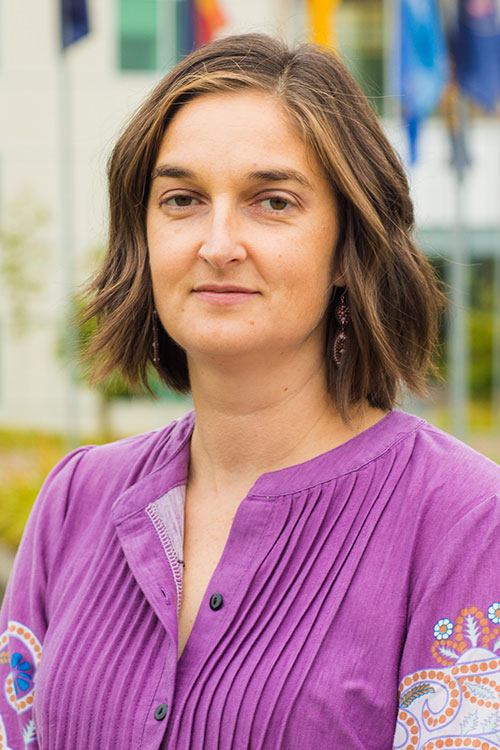
October 28, 2022
Investigating conditions that make rocks flow to better understand how earthquakes are triggered; science writing.
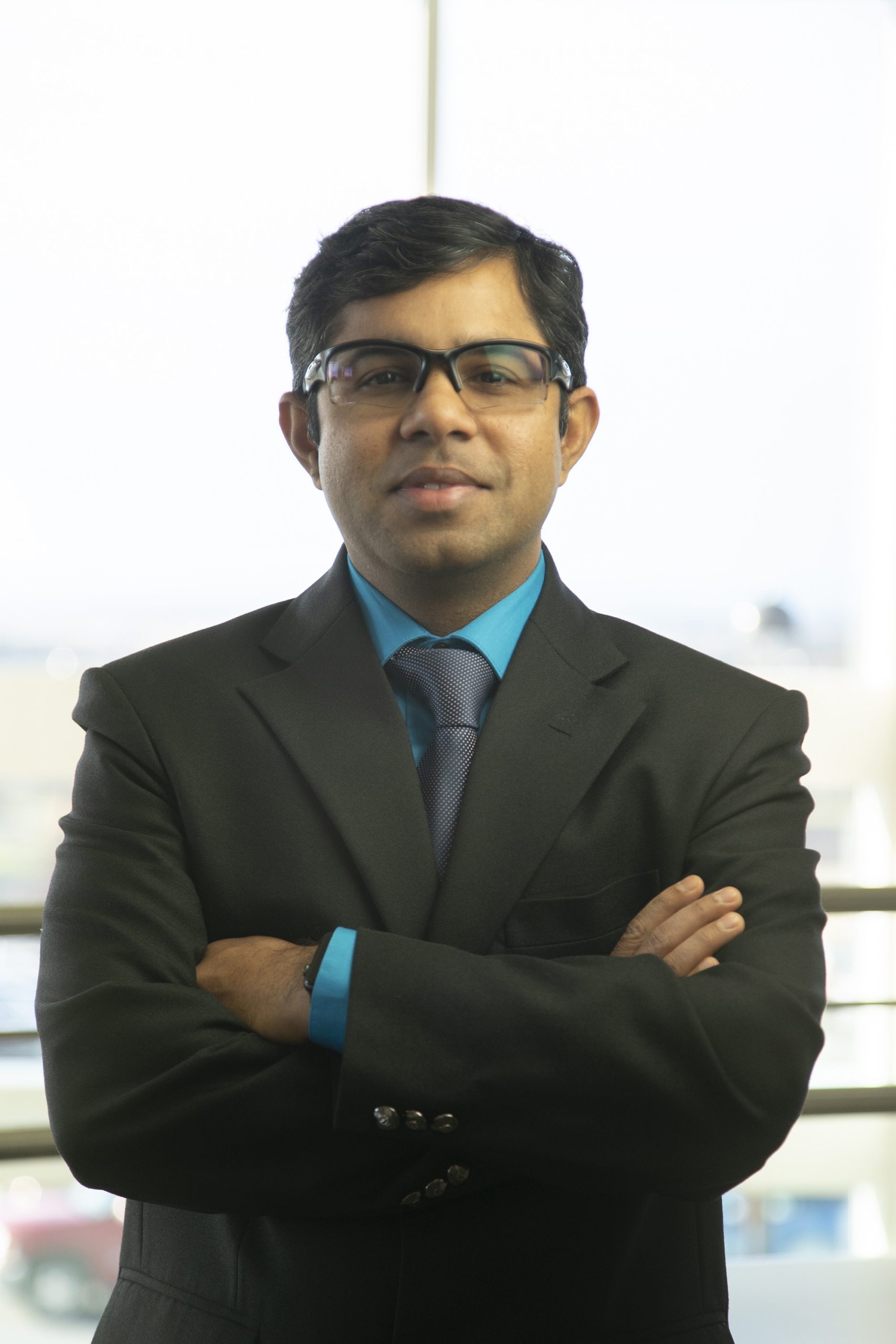
October 28, 2022
Permafrost distribution mapping and temperature modeling and the application of remote sensing on Arctic land cover change and related geo-hazards. Studying complex permafrost dynamics, including remote sensing of landscape change.

October 28, 2022
Merging observational data, comprehensive statistical analysis and numerical modeling to achieve a better understanding of the Arctic Ocean state.
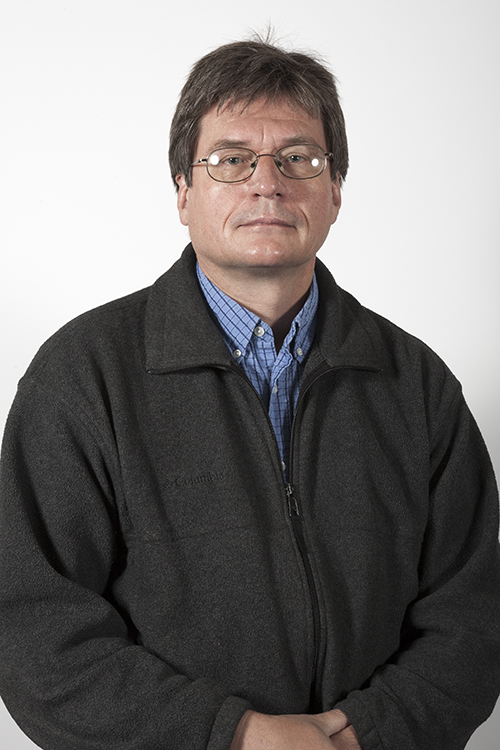
October 28, 2022
Romanovsky studies permafrost, including the scientific and practical aspects of environmental and engineering problems related to changing permafrost.
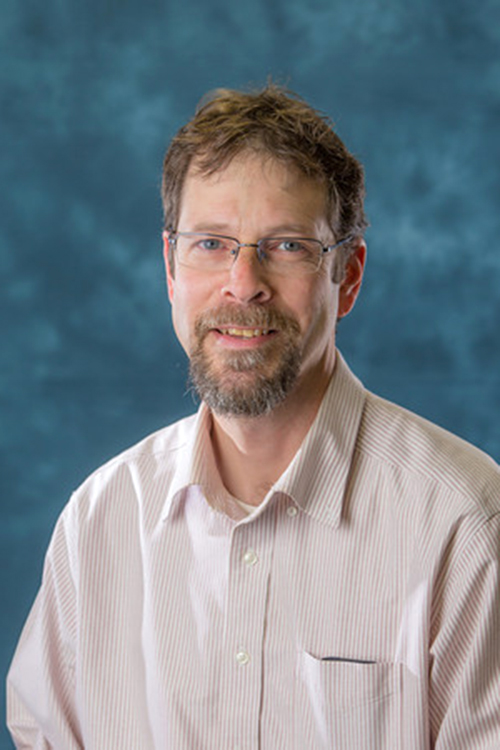
October 28, 2022
Ecosystem and landscape ecology emphasizing secondary succession, regeneration, and disturbance dynamics in subarctic and boreal forest. Modeling the response of subarctic ecosystems to changes in global climate and disturbance regime. Modeling the response of subarctic ecosystems to changes in global climate and disturbance regime. Marine and environmental chemistry, climate change.
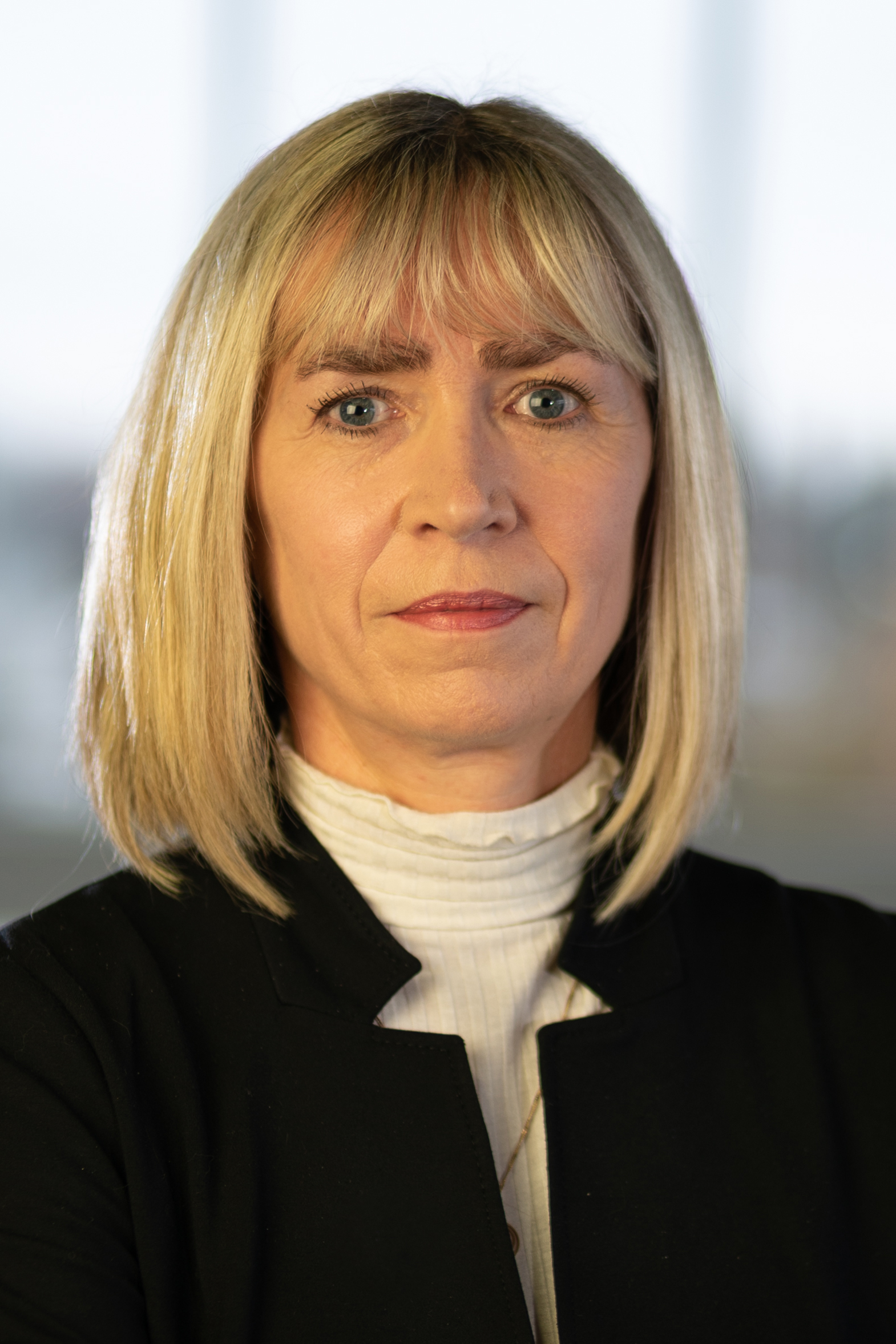
October 28, 2022
Expertise in Alaska earthquakes and tectonics.
-
October 28, 2022
Using the electron microprobe to measure samples for different elements on the periodic table; X-Ray analysis; electron microscopy.
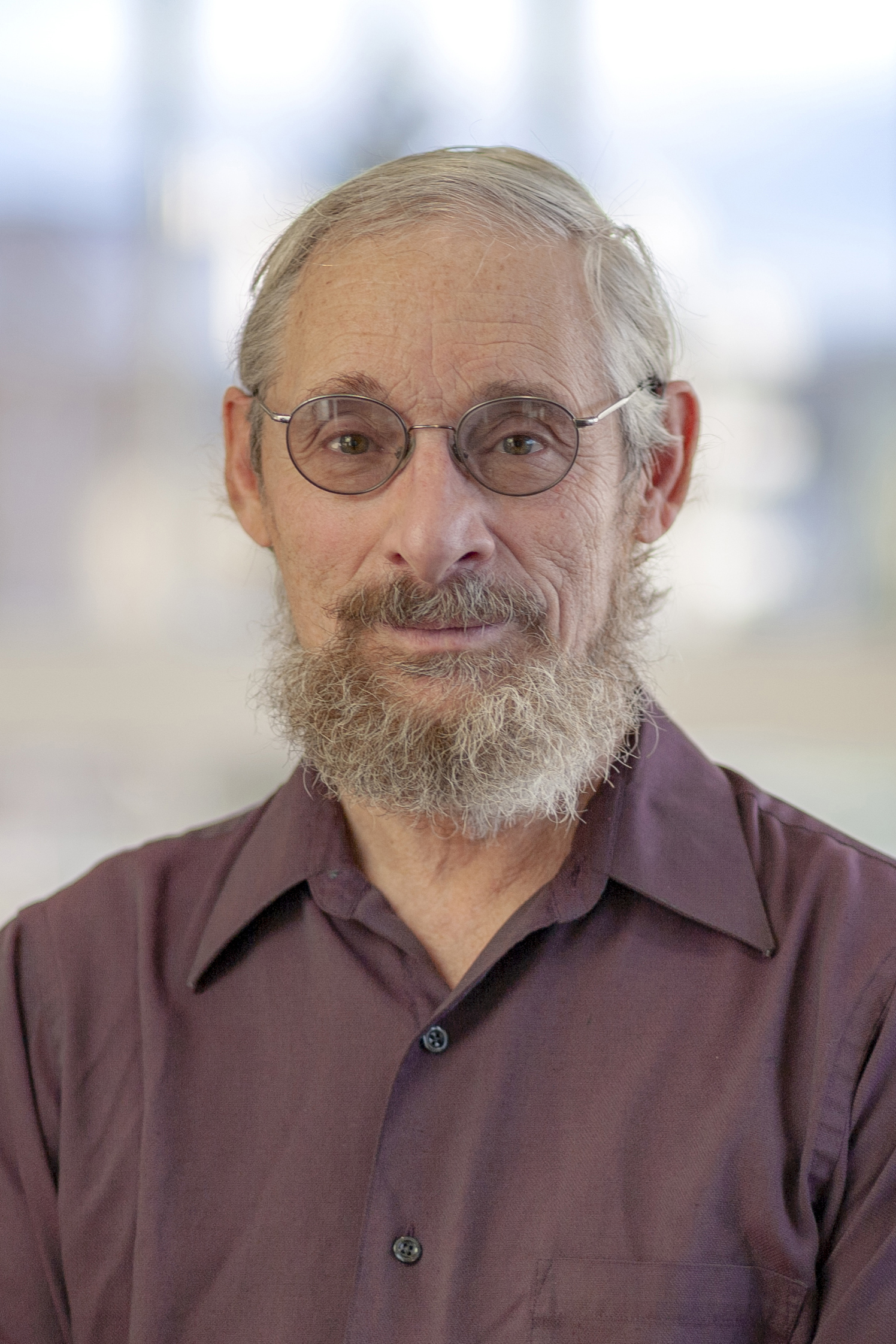
October 28, 2022
Impact of snow cover on local and global hydrology, ecology, and climate. Specializes in snow metamorphism, heat and mass transfer in snow, also studies permafrost, snow on sea ice, glaciers.
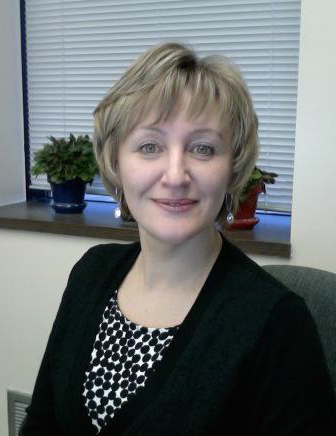
October 28, 2022
Suleimani works on tsunami inundation mapping for Alaska communities. She uses numerical models of tsunami wave dynamics to identify coastal areas that are at high risk for future tsunamis.

October 28, 2022
Develops and applies techniques in computational and observational seismology to obtain better images of Earth’s internal structure and to obtain better representations of earthquakes.

October 28, 2022
Rick Thoman is an expert in Alaska climate and weather. He produces reliable Alaska climate change information and graphics describing Alaska’s changing environment. His work spans the bridge between climate modeling, Alaska communities and media.
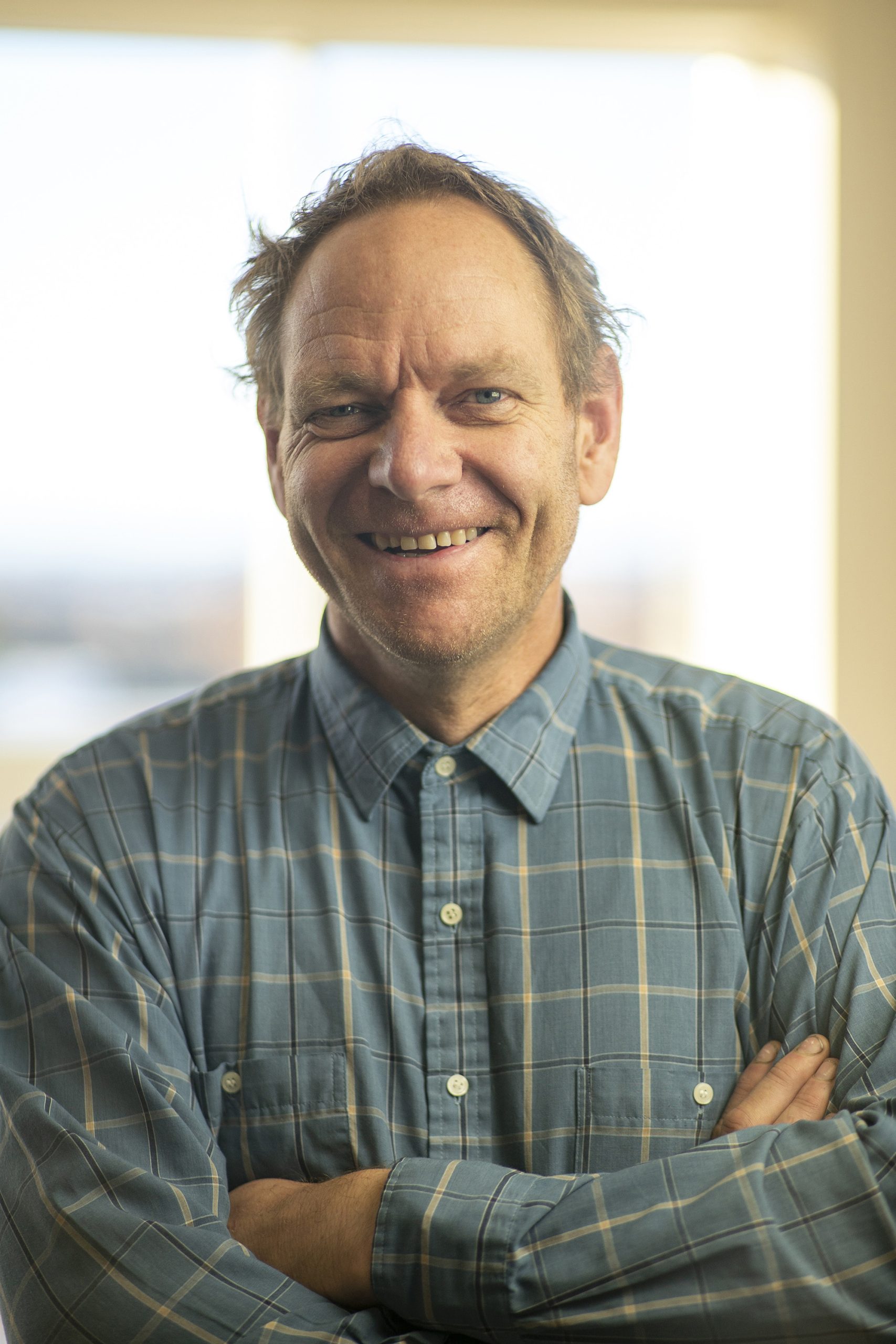
October 28, 2022
Expertise in glaciology, glacier dynamics and ice physics.

October 28, 2022
Hisatomo Waga is an expert in satellite oceanography. His research focuses particularly on the impacts of sea ice dynamics on phytoplankton communities in the Arctic Ocean.
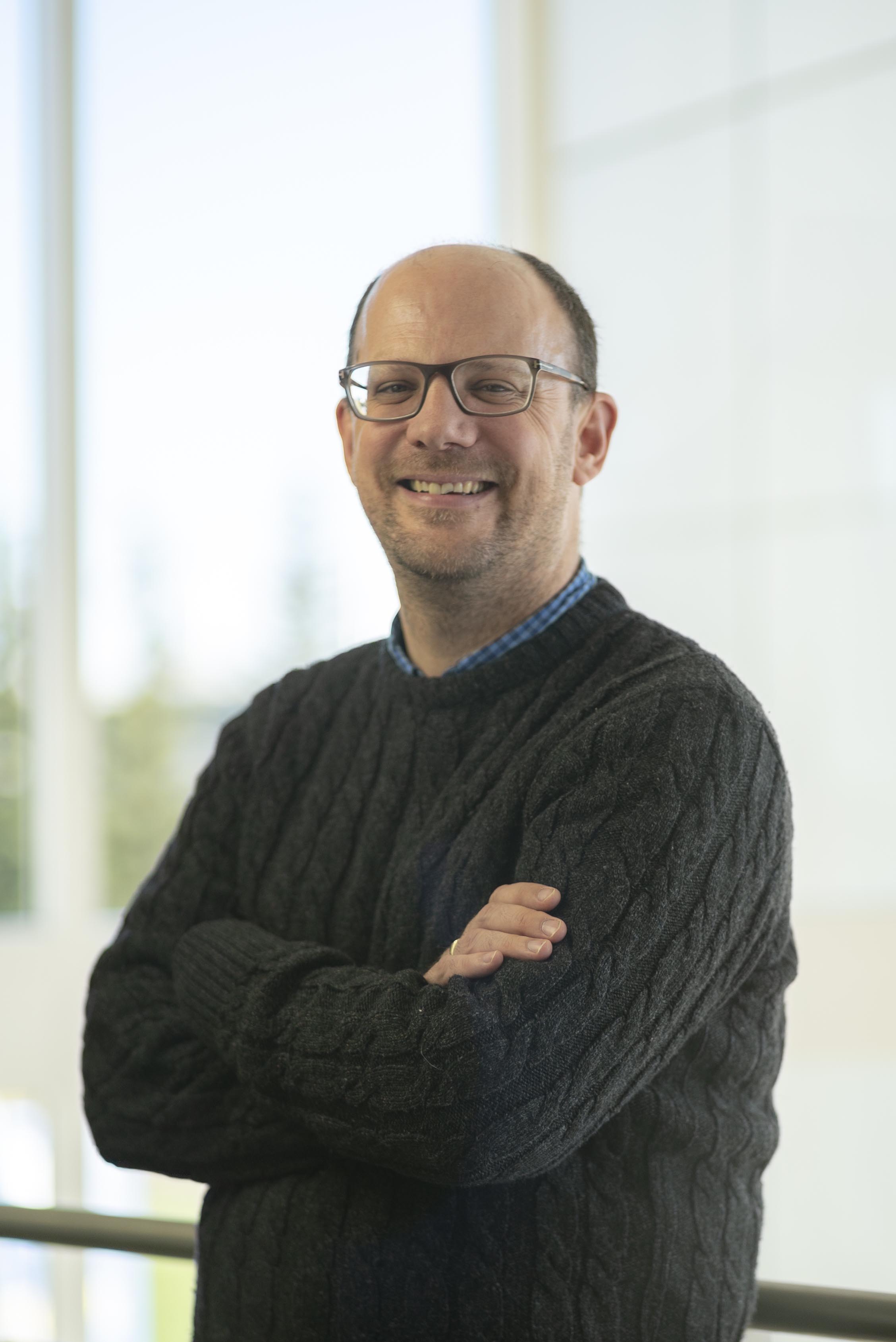
October 28, 2022
Peter Webley studies remote sensing of natural hazards, dispersion modeling of aerosols, satellite detection methodologies, the application of unmanned aircraft systems for geoscience research and operational support, scenario planning for natural hazard assessment and risk mitigation, 3-D visualization of aerosol modeling, business development, technology transfer, and entrepreneurship.
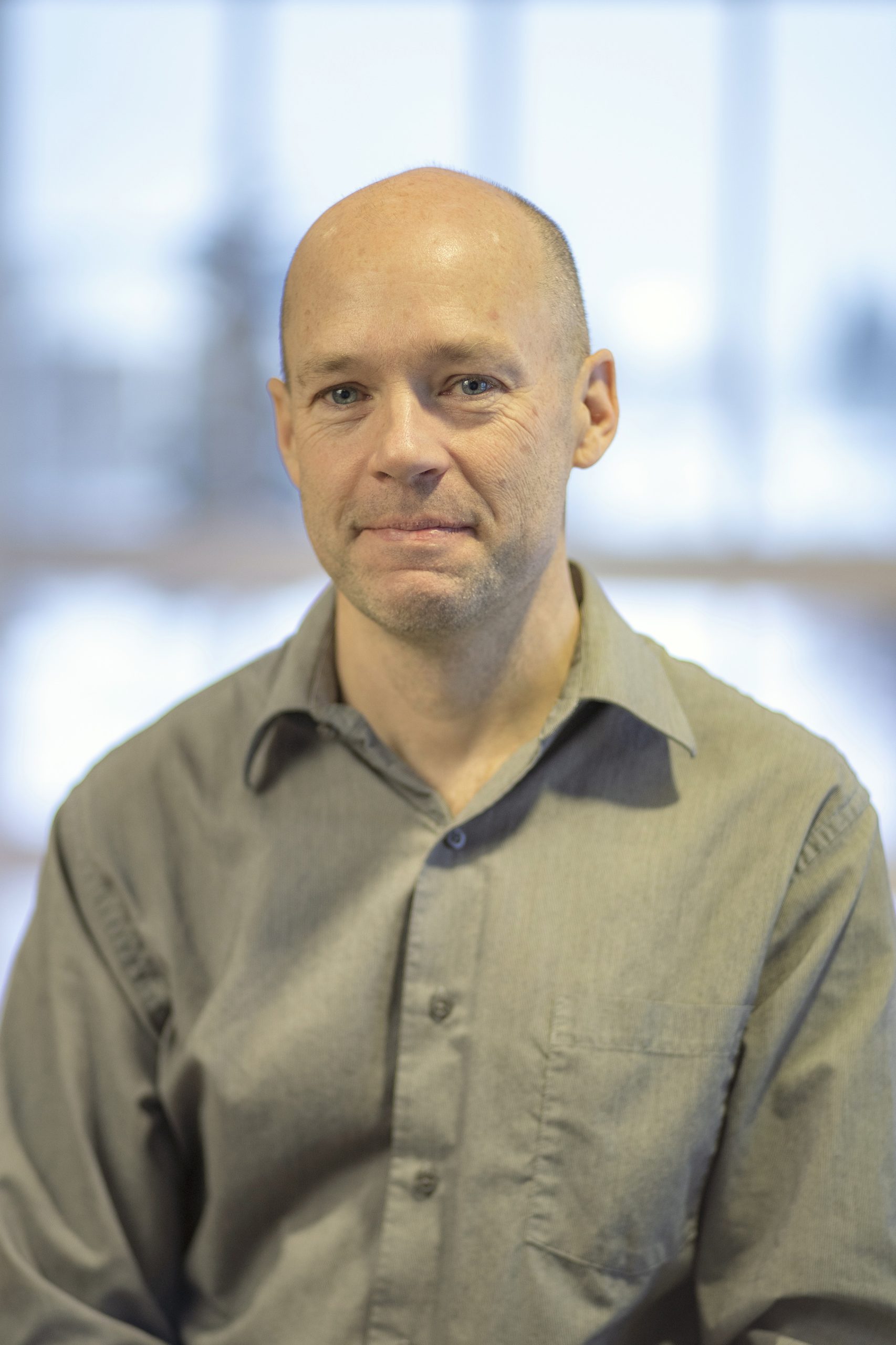
October 28, 2022
Directs the Alaska Earthquake Center, charged with advancing Alaska’s resilience to earthquakes through monitoring, research, and public engagement.
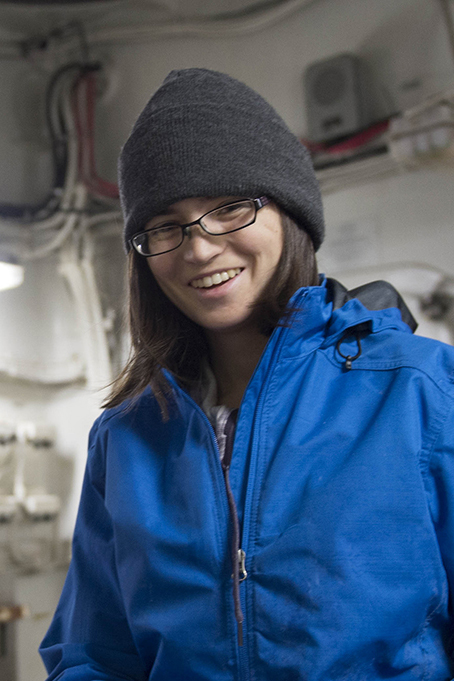
October 28, 2022
Laura Whitmore is a chemical oceanographer – her work traces elements through the marine system to better understand water movement. She investigates elemental cycles to understand how biological communities, turbulence, erosion, and currents influence nutrients and other elements.

October 28, 2022
Joanna Young is an expert in glaciology who studies how Alaska’s glaciers are losing mass in climate change. She collects observational data in the field, and uses it with climate data to perform computer modeling on glacier melt. She is also an environmental educator and does research on education. Her work spans glaciology, hydrology, Arctic ecosystems, education, and diversity and inclusion.
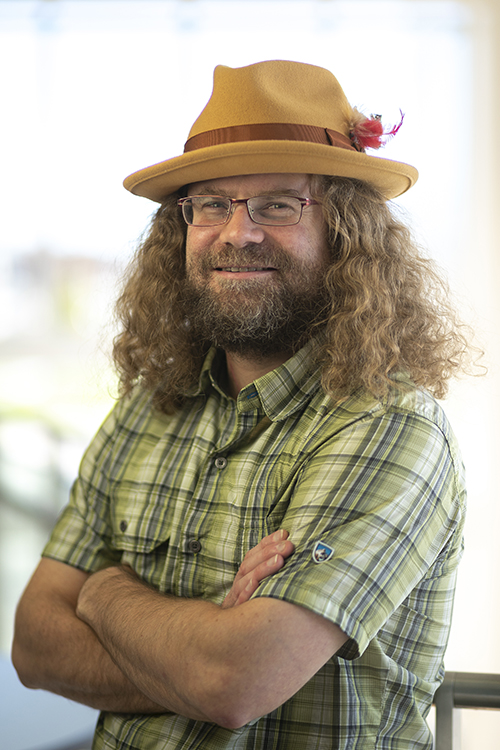
October 29, 2022
Andy Aschwanden researches the flow of glaciers and ice sheets and their interaction with the atmosphere and the ocean.

August 15, 2023
Areas of interest include cultivating impactful place-based environmental learning activities and research experiences for undergraduate students, K-12 students and educators. Christi works on projects that directly benefit local communities and are grounded in Indigenous knowledge and values.

October 28, 2023
Rick Lader is an expert in regional climate modeling and extreme event analysis in Alaska.

November 09, 2023
Sea ice and air-sea-ice interactions

November 09, 2023
Remote sensing scientist with experience in mapping wildfire hazards, fuels, active fire and post-fire effects in boreal North America. Current research aims to produce and combine both modeled and observational datasets to better understand the climate drivers of wildfire activity.

November 09, 2023
Areas of expertise: • Climate hazards • Glaciers • Snow

December 10, 2024
Shook connects researchers and fire managers to ensure actionable science is available for wildland fire managers to use in their decision-making process and to inform wildland fire-related policy.

December 11, 2025
Expert in geocryology, geochemistry, remote sensing, permafrost
